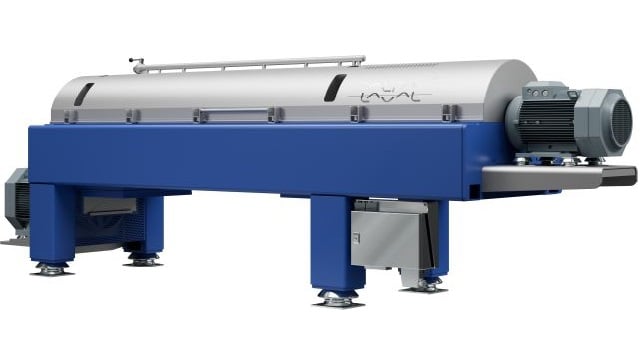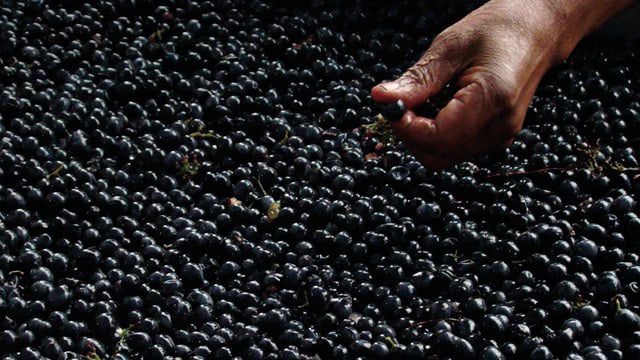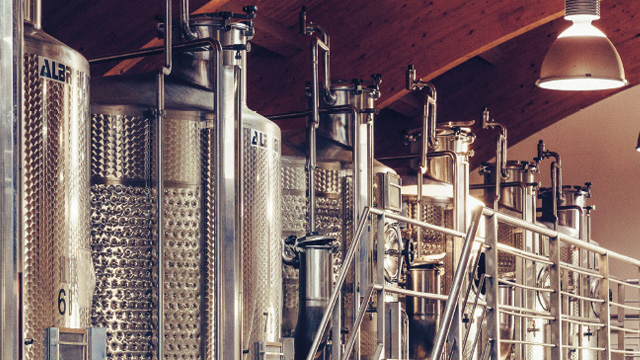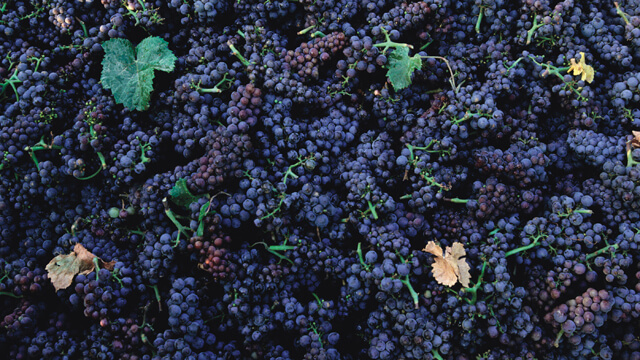How Giesen Group innovates for sustainable growth with decanter technology
At Giesen winery, New Zealand, they have made a breakthrough of their signature Sauvignon blanc wine, by switching from conventional presses to decanter centrifuge. The results are more than half of reduction of water use, and more than half of saving in footprint.
DATE 2025-03-21In recent years, New Zealand’s winemakers have been making their mark on the international scene with distinctive wines, including the famous Sauvignon Blanc. As the industry continues to expand both domestically and in export markets, it must also plan ahead for climate change and evolving consumer preferences.
Why are New Zealand winemakers interested in decanter technology?
Duncan Shouler, Chief Winemaker at Giesen Group Limited, one of the largest wineries in the Marlborough region, emphasizes the importance of innovation in the New Zealand wine industry. He explains that New Zealand has a young wine industry where innovation is key to growth and adding value to products. The industry is heavily influenced by new technology, and Kiwis strive to do things differently. Sauvignon blanc, an early release wine with a fast turnaround, retains its freshness and fruit flavor, making it a prime example of this innovative spirit. Additionally, environmental factors and climate change necessitate strategies for sustainability and water usage. Continuous innovation is essential to maintain consumer appeal both locally and globally.
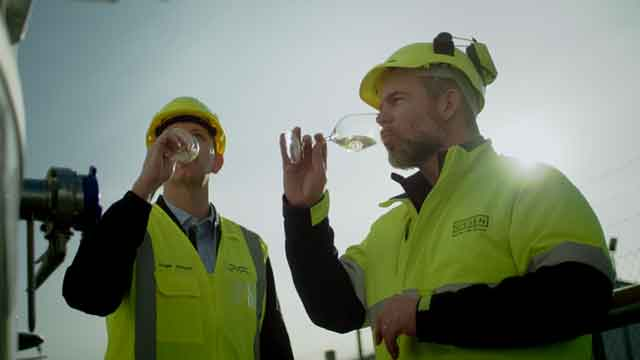
The juice extraction process is crucial in wine production. Traditionally, presses and continuous flotation were used to achieve clarified juice. With the decanter, grape juice goes directly from the buffer tank to the decanter, eliminating these steps. “You cut out the whole process of cold settling or flotation and lees filtration, removing two energy- and water-consuming processes,” comments Shouler.
“It also speeds up the winery process. Within hours of the fruit arriving, it’s fermenting in a tank. Our water and power usage are significantly reduced, and losses are minimized. Fewer steps mean less juice loss, more extraction, and more product from the vineyard,” Shouler adds.
This technology, already used by South African winemakers with similar grapes for fruit-forward styles, was tested by Giesen Group for its effectiveness in extraction, throughput, and wine quality. Higher juice yield enhances profitability, efficiency, and footprint. The decanter’s quality performance was satisfactory. Duncan values the juice’s freshness and reduced oxidation, crucial for crafting fresh, aromatic wine.
Giesen Group chose Alfa Laval for their service, proven track record, and process understanding. Alfa Laval offers the same performance as other decanter manufacturers with a smaller, better-priced unit. They demonstrated a high level of analysis and understanding of outcomes for Sauvignon blanc processing in the Marlborough region. Machine operators preferred the Alfa Laval decanter for its fewer moving parts and easier cleaning. The stainless-steel Alfa Laval Foodec decanter ensures durability with fewer repairs and maintenance needs.
During the 2022 harvest, Giesen Group commissioned the Alfa Laval Foodec decanters, achieving excellent juice yield and clarity. Sustainability and environmental considerations are vital for Giesen Group as they grow. Increasing production while maintaining quality and addressing climate change and environmental changes, such as extreme weather events in Marlborough, are crucial. The decanter technology helps achieve these goals by improving efficiency and reducing the environmental footprint.
At a glance
- Founded by brothers Theo, Alex, and Marcel in 1981, Giesen Wines has been an industry leader in the New Zealand wine industry for four decades
- The family-owned company is one of New Zealand's top 10 producers by volume with distribution in over 40 countries
- Giesen own 4 vineyards covering over 100 hectares, most throughout Marlborough’s highly sought after Wairau Valley and have strong long-standing relationships with over 60 of Marlborough’s most respected grape growers, with around 75 growers nationwide.
- Uncompromising drive for quality and strong culture of innovation
Effective juice extraction for NZ grape varieties
The Alfa Laval Foodec decanter is suitable for popular New Zealand grape varieties including Sauvignon Blanc and Pinot Gris (from left to right).
Featured product
Curious to learn more?
Contact Alfa Laval New Zealand's Roger Johnson to find out about the possibility of a site inspection.
Fill in our online form to register your interest.

